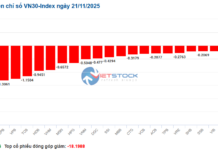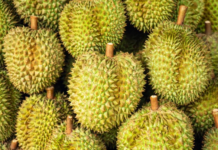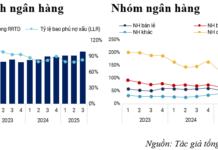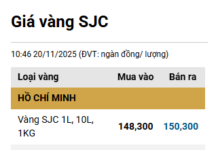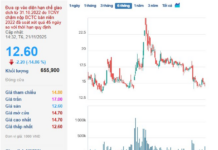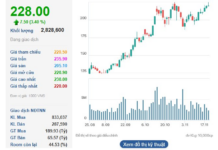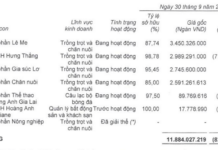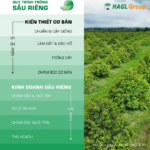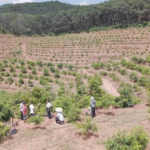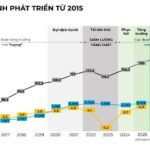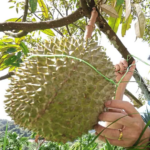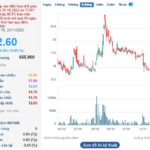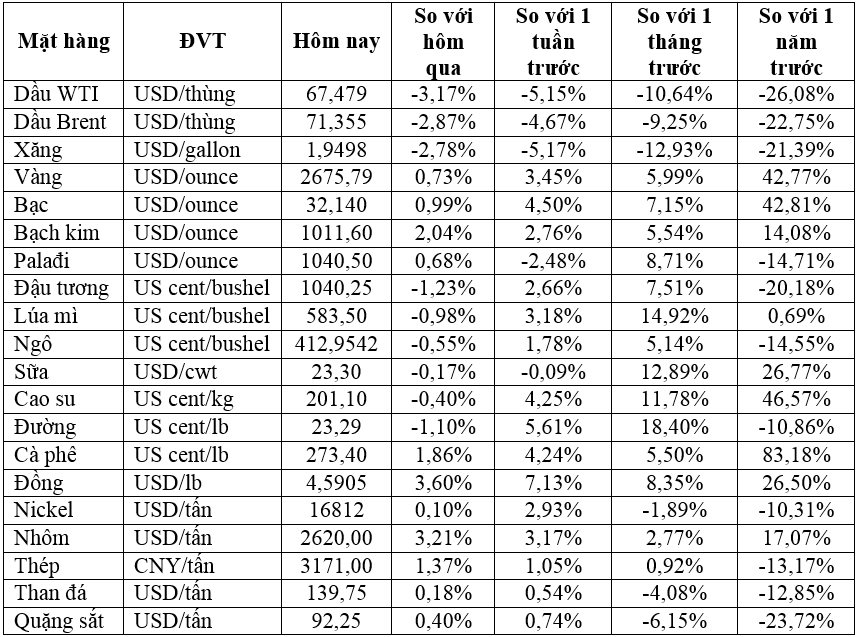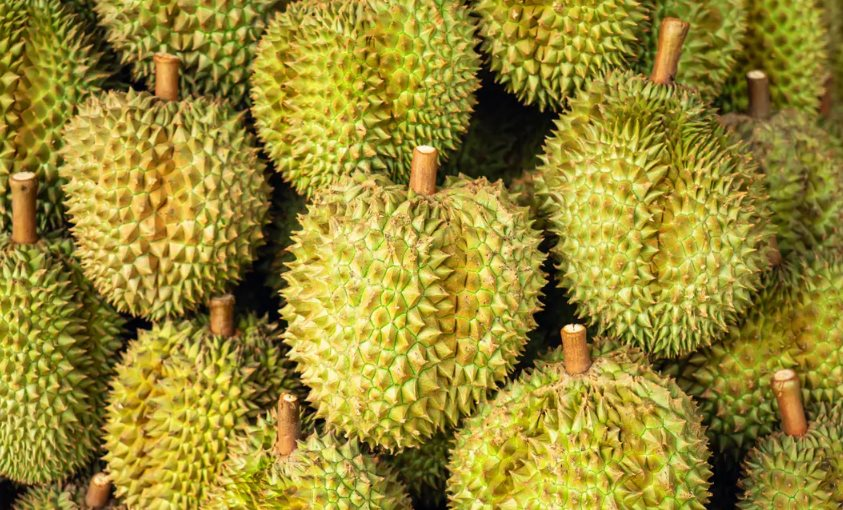
Illustrative Image
The debate over recognizing durian as Malaysia’s national fruit has garnered regional attention, following Indonesia’s objection based on its superior production volume and scale.
According to CNBC Indonesia, Indonesian Coordinating Minister for Food Zulkifli Hasan deemed Malaysia’s proposal “inconsistent with actual production data.” He cited figures from Indonesia’s Central Statistics Agency (BPS), revealing that Indonesia produced approximately 1.96 million tons of durian in 2024, primarily in Java, Sumatra, Kalimantan, and Sulawesi. “With this output, I believe durian is Indonesia’s national fruit,” he asserted.
While Malaysia’s production falls short, its export value has surged, driven by premium varieties like Musang King and Black Thorn. On November 10, the Durian Manufacturers Association of Malaysia (DMA) submitted a proposal to the Ministry of Agriculture and Food Security, advocating for durian’s recognition as the national fruit and suggesting July 7 as “National Durian Day.” Malaysia’s Intellectual Property Corporation also extended the geographical indication for Musang King until March 2034.
Nor Sam Alwi, Director-General of Malaysia’s Ministry of Agriculture, confirmed the proposal’s receipt in early September but stated no official decision has been made regarding the national fruit designation or commemorative day.
Eric Chan, DMA Chairman, emphasized the proposal’s aim to solidify Malaysia’s position in the global durian industry. “Durian has long been integral to Malaysia’s cultural heritage, agricultural landscape, and national identity. Official recognition will strengthen our brand, support farmers’ livelihoods, and enhance export competitiveness.”
Acknowledging Indonesia’s production advantage, Chan stressed the proposal’s non-competitive nature. “Both Malaysia and Indonesia share deep cultural and historical ties with durian. Malaysia’s recognition of durian as its national fruit does not impede Indonesia’s right to do the same,” he said, advocating for regional cooperation as Southeast Asia emerges as the global durian production hub.
Discussions continue as the two Southeast Asian durian powerhouses seek to assert their roles in the global value chain.
Experts note that beyond production volume, brand reputation and export value are crucial factors in shaping the national symbolism of this iconic fruit.
China Announces Successful Durian Cultivation in Yunnan: Pursuing the Dream of “Durian Freedom,” What’s the Planting Scale?
The advancements in Yunnan mark a significant leap toward the dream of “durian freedom,” ensuring residents no longer face concerns over pricing or scarcity.

